
News & Events
Home Key skills your preschool child needs before entering Primary 1
Key skills your preschool child needs before entering Primary 1
If your child has successfully been registered to a primary school, congratulations! It’s a big step for both you and your child. But like many parents, buying textbooks and uniforms that fit your child and thinking about how much pocket money he needs will soon become your main priorities.
While parents understandingly focus more on their academics and welfare, soft skills have been an essential but often neglected area. Teaching your soft child skills can help them form a firm foundation for learning and thriving on their own, not just for their school life but for their future. We want to share six skills your children should pick up before starting their journey in primary school.
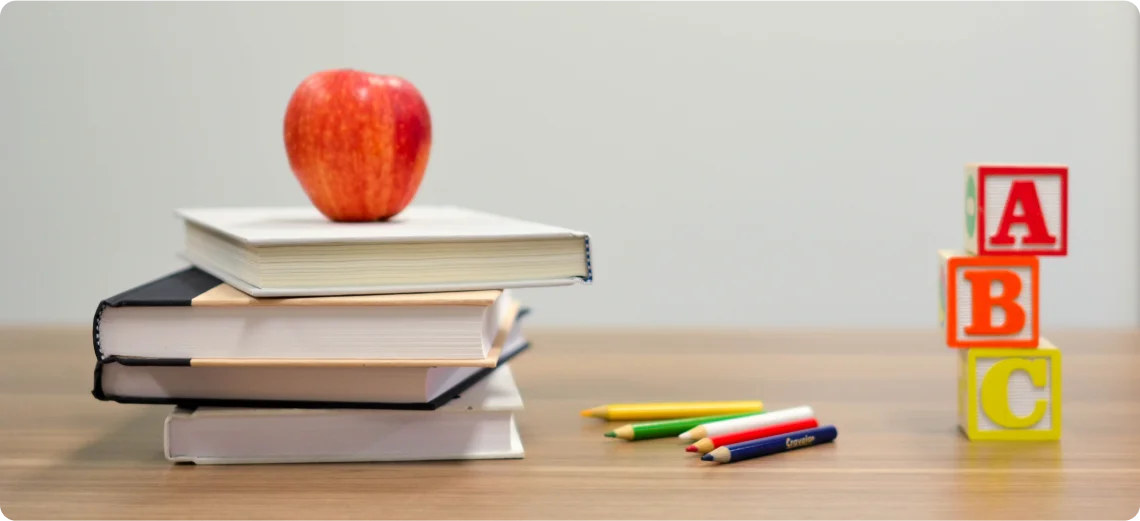
Time Management
Early teaching your child time management is essential as it helps them learn how to plan and prioritise better in the long term. During their kindergarten days, children would have known about simple time management from completing tasks before moving on to their next activity. An example would be your child finishing his food faster to have more time to play with his friends. Your child would learn and understand that he must try to eat faster to have more free time for himself.
Parents can help their children manage their time better by teaching them how to tell time. Giving your child a watch and teaching them how to tell time will also help them better grasp how their day is planned out and how to understand blocks of time. This goes hand in hand with learning how to read their timetable.
A digital watch will come in handy for children that have yet to master telling time from a clock face. Parents can practice this at home by setting timed sessions for their homework and playtime. That way, it helps your child get into a comfortable routine to manage his work better and understand the consequences of procrastinating when doing his homework.
Self-control
Children need to develop self-control to make appropriate decisions and respond to stressful situations in ways that can yield positive outcomes. For example, if you say that you are not letting your child play until he finishes his food, he may yell or throw a tantrum in hopes that you will give in. With self-control, your child can understand that throwing a temper may mean that you may take away his playtime, and it may be wiser to finish his food first.
Teaching your children self-control can be challenging because they may not understand why they must do so. Therefore, it is essential to inform their child that there are consequences for actions resulting from a lack of self-control and to follow through on the consequences even if the child throws a tantrum. Using timeouts is a common method to help your child calm down in situations; this helps your child improve their sense of self-control. Praising them for being calm and not losing their cool in difficult situations is also essential.
As they progress in school, they will realise that self-control is a fundamental skill for turn-taking and socialising in a public environment
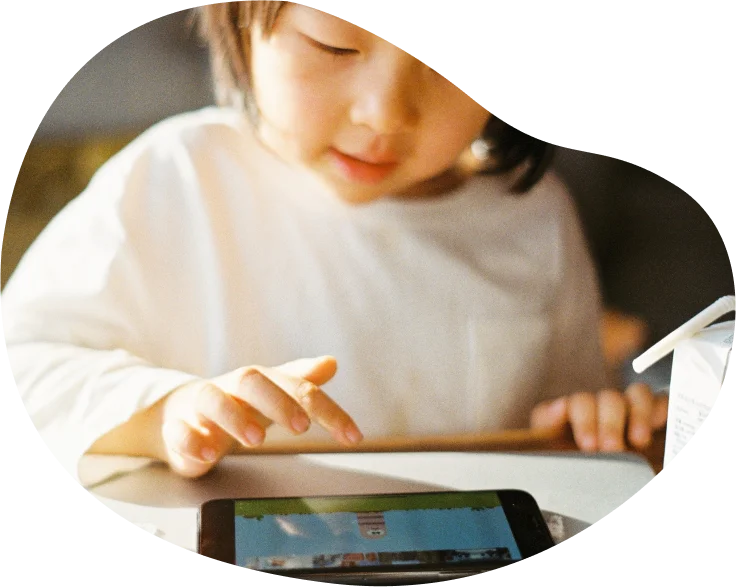
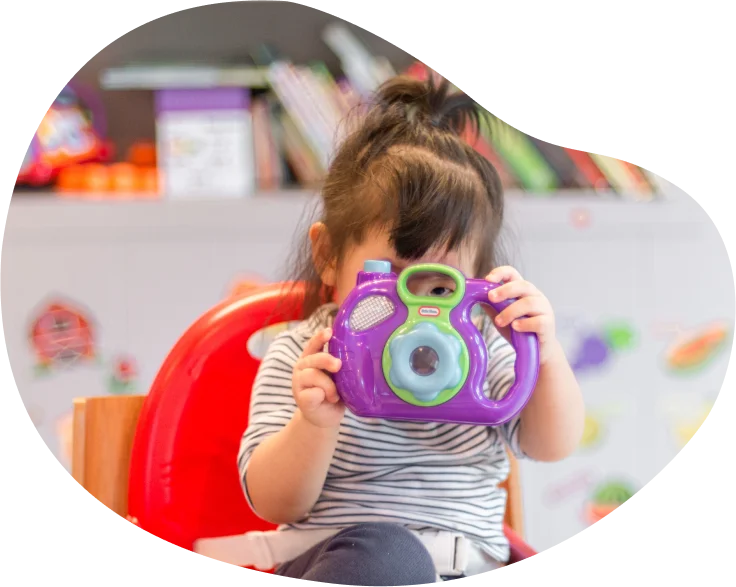
Flexible thinking
Flexible thinking is the ability to think about things in a new or different way. It helps us deal with uncertainty, solve problems, adjust to changes, and incorporate new information into our plans and ideas. This includes thinking on one’s feet and is one of the more difficult skills to help a child develop as it involves the cognitive part of a child’s development. This facilitates teamwork, problem-solving, and thinking of new ways to do something, all of which require academic and social skills.
An example of this is helping your child see that there is more than one way to solve a problem in Mathematics. Flexible thinking enables a child to use a formula they have learned in other problems.
Perseverance
Children may have the habit of giving up easily on tasks and their goals at the first sign of difficulty. This is not uncommon, as exposure to the internet and phones has allowed them to become accustomed to instant gratification.
Perseverance is an essential life skill for children to develop as they can take it into adulthood, and it will affect how they grow up. Building perseverance is vital for their mental and physical health. Being able to overcome obstacles more easily helps to reduce the chances of developing anxiety and other stress-related diseases.
An excellent way to teach your child this is to engage in risky play; hiking or letting them play in nature are ways to help them try new things and explore more. The key here is not to let their fear get in the way. Let your child take risks and learn from them. Similarly, they know how you react to stressful situations as well. If it’s appropriate, sharing with them what you are going through and how you solve it to get through the problem helps as well.
Social Interaction
Social interaction is essential, especially for children at a young age. They learn, develop and grow from being around others and having social experiences. It is not just about knowing how to make friends but also about working with classmates in a team where ideas are abundant and different from theirs.
Children learn when to speak up and use a quiet voice in different settings. An example of this is show and tell activities. Discussions allow them to talk about a similar topic and hear the opinions of others. They will pick up social cues in classrooms or at home as they interact with others daily.
Children tend to mimic what their role models do; in this case, it’s their parents. By showing respect and empathy to others in your interactions, your children will pick up your habits over time and display them when interacting with their peers. Even talking to them about your lives and sharing anything under the sun can help them with their social skills.
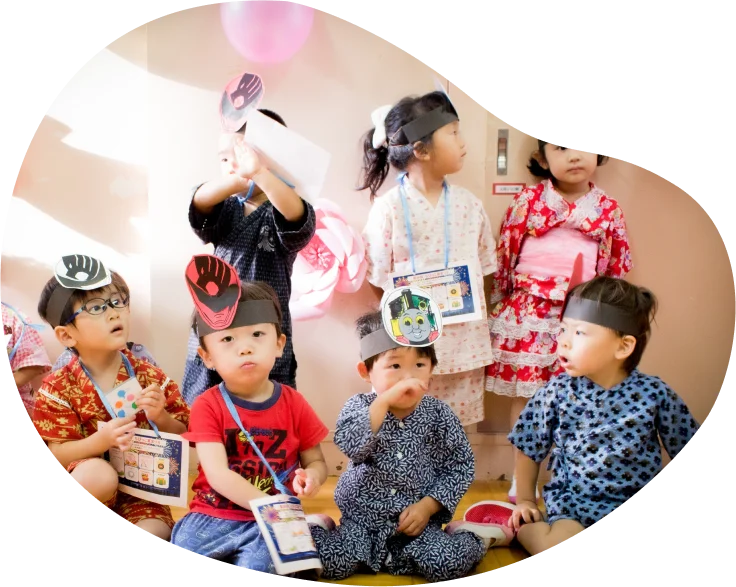
Six skills for school
These skills have nothing to do with studying their ABCs and a lot more to do with helping your child enjoy their primary school years. Parents, remember to lead by example and demonstrate these skills; your children will model your response and follow suit. They will pick them up over time and display them at school or home.
Other Posts


Teachers’ Day Appreciation Wall 2025
Your words mean the world to them. Tell your teachers how much you appreciate them on this year’s Teachers’ Day appreciation wall!
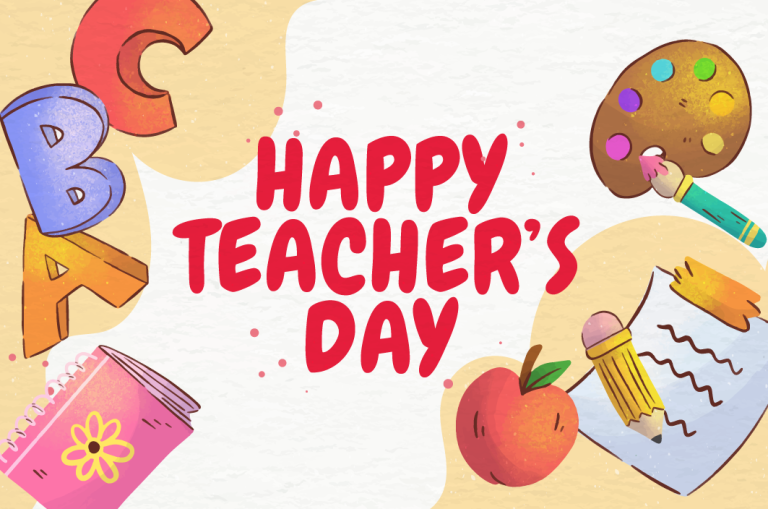
Teachers’ Day Appreciation Wall 2024
Your words mean the world to them. Tell your teachers how much you appreciate them on this year’s Teachers’ Day appreciation wall!
